either of her own accord or under advice from her ministers.
They are vast and somewhat poorly understood. They are also
rarely used unilaterally. Even so, their mere existence has at
times led to calls for them to be taken away or modified in
some way.
In Canada the most obvious examples of powers that some
want limits placed on would be the power to prorogue
parliament, dissolve parliament, and call by-elections. As it
happens Britain has modified some of these powers so it
might be instructive to look at what results it has produced.
Britain: Prolonging Brexit Agony

Parliaments. It is what our parliament and
many others base their structure on. This
can sometimes obscure the fact that the
British Parliament didn't stop evolving in the meantime. The
Westminster Parliament our own sought to emulate is very
different these days. One of the ways it has become different
only went into effect in 2011. The Canadian Crown may
dissolve Parliament (usually on the advice of the prime
minister). The British Crown has lost this ability. In technical
terms those powers were put into abeyance. James Bowden
over at the Parliamentum blog has an in-depth look at the
Fixed-term Parliament Act (the legislation that now governs
when parliament is dissolved in Britain).
The act was passed so that prime ministers could no longer
time elections in their favour. Now, this strikes me as a bit of
a solution in search of a problem. After all, their is good
evidence that voters punish politicians who blatantly try to
game the system in this way. Which is something the British
Prime Minister ought to have kept in mind back in 2017 when
she used the act (and a willing opposition) to get an early
election called and returned to parliament politically
weakened.
You might expect this to mean the government would have a
short life. Normally, you would be right but the most
immediate effect of the Fixed-term Parliament Act has been
to make it harder for governments to be defeated. It is no
longer the case that merely losing a vote is seen as a matter of
confidence, it has to be explicitly stated in a separate motion.
Which means MPs can vote against a bill while later voting to
keep the government alive. And even if a confidence motion
does succeed parliament still has 14 days to find a new prime
minister and avoid an early election.
This has had some pretty nasty effects on good governance.
The British Conservatives have been able to remain in
government while engaged in a civil war within their own
party. With both the Conservative and Labour Parties
statistically tied since the end of 2017 the Conservatives
want to avoid an election if possible. It has gotten so bad the
Queen has started to have to gently remind MPs to do
their job.
This means that MPs never face a reckoning for how they
vote in Parliament. Had the previous method still been in
effect Britain would likely by now have gone through an
election and a new parliament would have been sworn in. This
would have had two positive effects;
1. It would calm demands for a second referendum since
there is little chance the election campaign wouldn't become
an unofficial referendum on Brexit.
2. Having just fought an election the various factions in
Parliament would be in no condition to fight another one.
This is part of the reason why new governments are given a
bit of leeway in setting the agenda.
Would this have prevented the Brexit votes from reaching the
heights of absurdity that they have now? It is a definite
maybe. At the very least it would avoid the deadlock I often
decry in the American system. An important safety valve has
been removed from the British state and one would hope it is
restored promptly.
Loyally Yours,
A Kisaragi Colour

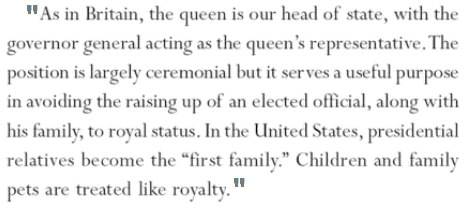
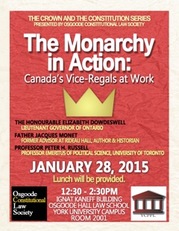
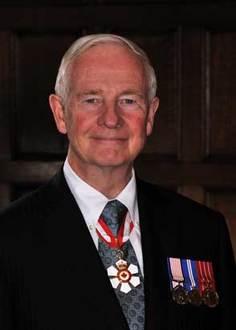





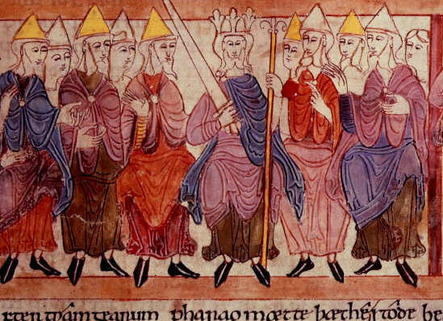

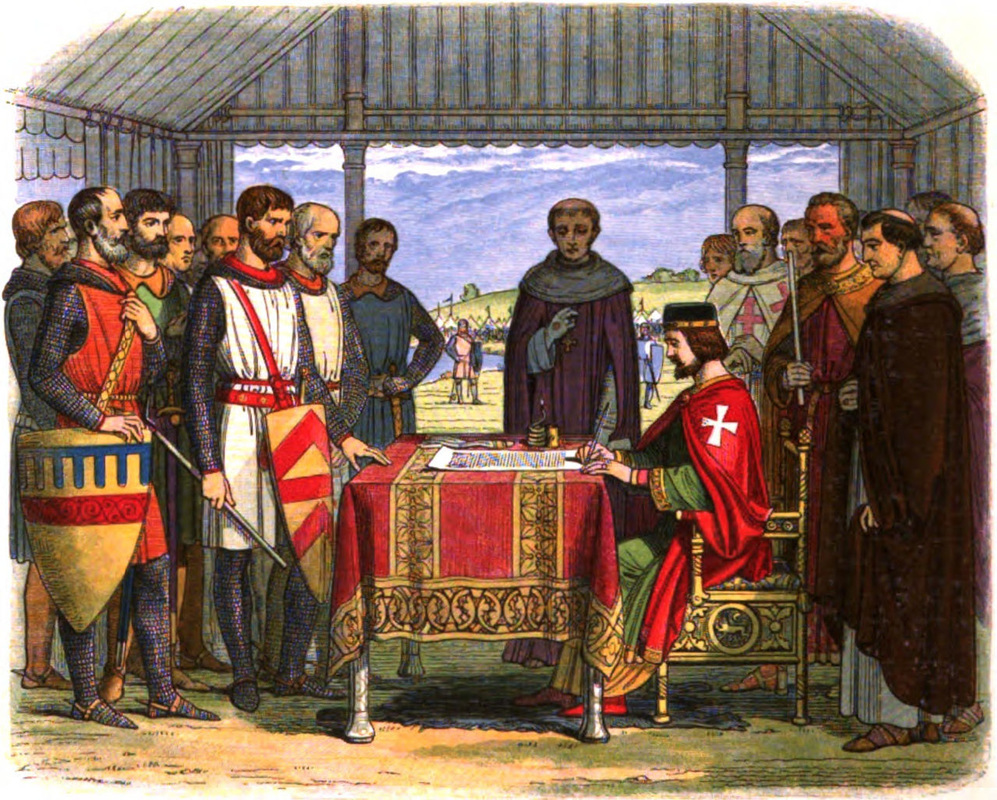

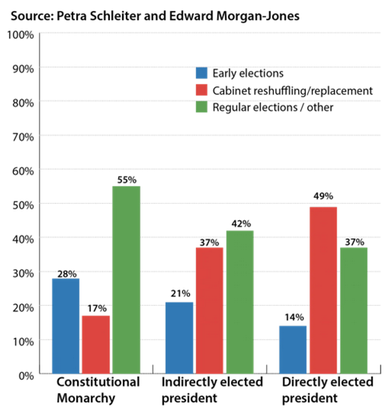


 RSS Feed
RSS Feed





